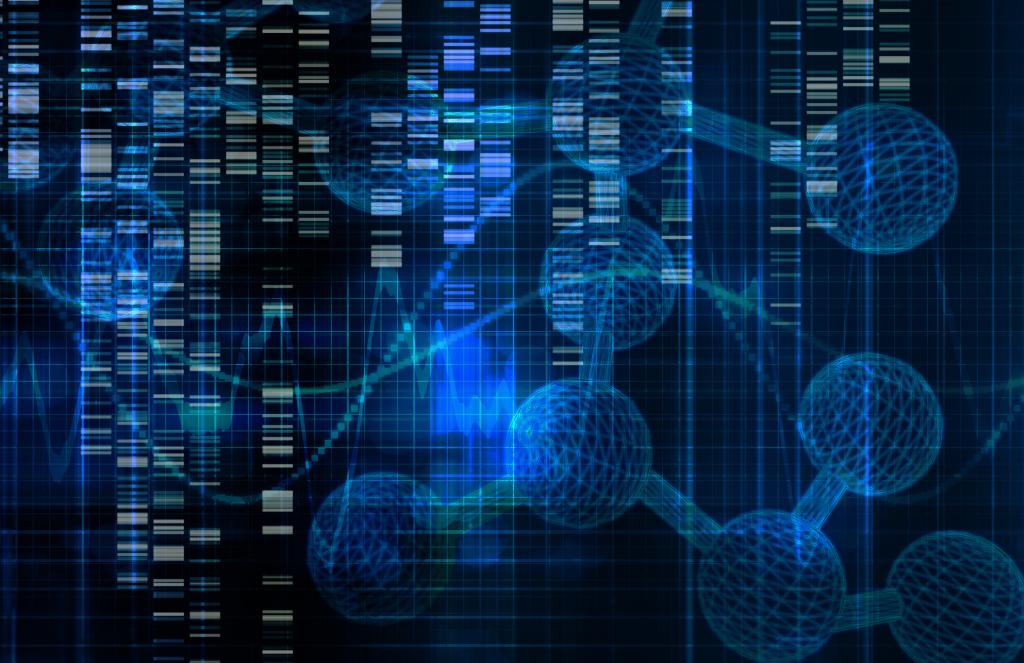Admission CTAs
Mason researchers developing saliva test for COVID-19 antibodies
A multidisciplinary team of George Mason University scientists is developing a saliva test to detect antibodies to COVID-19 and could begin screening student, faculty and staff volunteers as early as this summer.
Mason will be one of the first universities to offer COVID-19 antibody research screening for students, faculty and staff. Screening for incoming volunteers in the fall will be coordinated by the College of Health and Human Services (CHHS) along with the College of Science (COS).
“All the different parts of the Mason research ecosystem are bringing their expertise together for this worthy purpose,” said Lance Liotta, the lead researcher and the co-director and co-founder of Mason’s Center for Applied Proteomics and Molecular Medicine (CAPMM). “The goal is to evaluate if saliva can be used instead of blood for ease of screening for COVID-19 antibodies.”
The project is an extension of an ongoing international collaboration with Italian microbiologists directed by Alessandra Luchini, the associate professor overseeing the CAPMM development of the laboratory antibody assay in the nanotechnology lab.
Emanuel Petricoin, co-director of CAPMM, said Mason infectious disease, clinical care, clinical diagnostics and molecular microbiology researchers are working together to develop and assess the test for COVID-19 exposure.
“This could have far-reaching impact for the local community, Virginia, the United States, and the entire world if an accurate method can be achieved and rigorously validated,” Petricoin said.
Deborah Crawford, Mason’s vice president for research, innovation and economic impact, said the collective effort epitomizes Mason’s commitment to advancing research of consequence.
“More than 100 Mason faculty and student researchers are doing their parts to help thwart the COVID-19 pandemic, inventing new diagnostic tools like the one described here, as well as exploring promising therapies and vaccine delivery systems,” Crawford said. “Another team has developed a computational model to help hospitals and health care systems manage critical resources like ventilators and PPE, and our public health faculty and students continue to provide health care support to Virginia communities in need.”
The university maintains one of 13 National Institutes of Health-sponsored Biosafety-level 3 Biomedical Research Laboratories (BRL), which has the facilities to handle COVID-19.
Antibody tests are being intensely studied by medical scientists worldwide because they provide key information about previous exposure to COVID-19.
Public health experts say it’s likely that there have been many undiagnosed cases in the United States. Recent blood-based COVID-19 antibody testing in New York has indicated that up to 20% of the population in some areas of that state could have been infected by the virus.
Most notable about the Mason project is its reliance on oral fluid, rather than blood, for antibody testing.
Oral fluid is much easier to sample for large-scale population and health worker testing, compared with blood used in other antibody tests to date. A simple brush in the mouth with a sponge can gather enough saliva to be analyzed in person using a rapid test or remotely by being plugged into a vial and put in a mailing envelope.
Mason affiliate faculty professor Raouf Guirguis has invented special saliva collection devices being used in the study, and the team will be comparing rapid tests for saliva and blood for COVID-19 viral protein and antibodies.
The new study takes advantage of several existing Mason-unique biobank collections that will be extremely critical for determining overall test accuracy and performance. They consist of oral fluid and blood collected by CHHS from its student cohort last year, from CAPMM’s cancer patient trials, and from a novel salivary biobank collected over the past several years from youth and collegiate athletes developed from traumatic brain injury-concussion research collaboration between CAPMM and the College of Education and Human Development. All samples were collected before the COVID-19 epidemic and are unique for specificity testing because they should all be negative.
“There is a great need to verify the specificity of commercially available COVID-19 antibody tests because we don’t want a test that will wrongly classify the common cold as COVID-19,” said Alison Cuellar, the director of research for Mason’s Population Health Center that is seeing patients in the Mason and Partners (MAP) clinics who may be eligible for the trial.
The work on the samples will be done at Mason’s Science and Technology Campus within CAPMM’s College of American Pathologists and Clinical Laboratory Improvement Amendments-certified lab directed by Virginia Espina. An array of virologists, social scientists, microbiologists, structural biologists, and medical technologists from the COS and CHHS will also contribute.
“Antibody testing will be a key and critical component of decisions on how we will get back to work and back to school,” said Ali Andalibi, COS interim dean. “Antibody testing will be extremely crucial when the vaccine is ready.”

